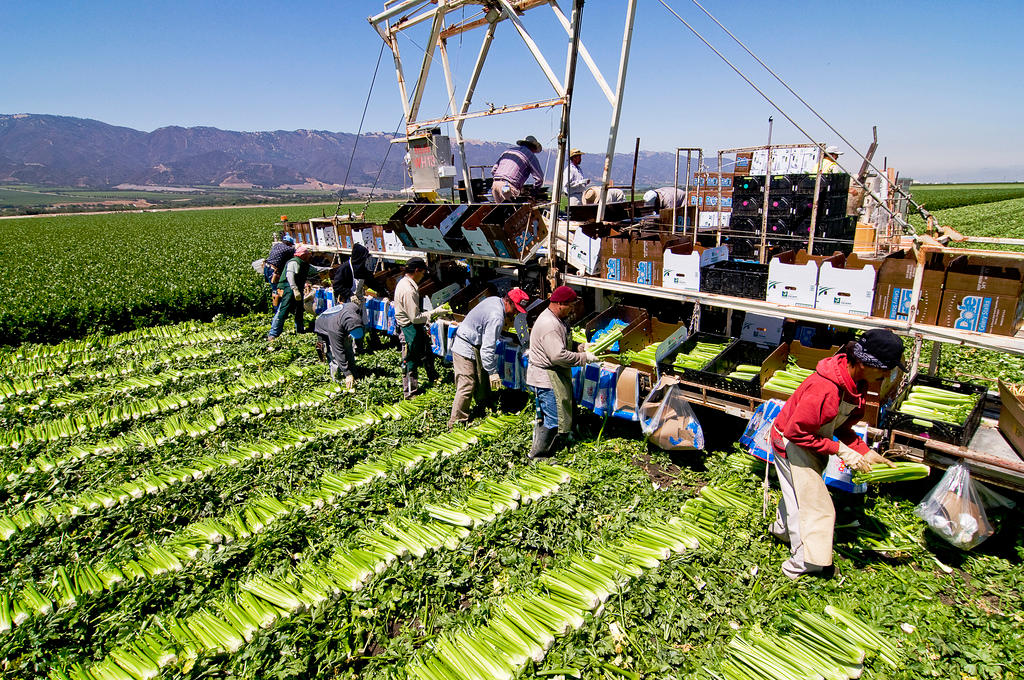Nestlé's approach to Valuing Social Impacts

Nestlé has embarked on an effort to better understand approaches to measuring and monetizing social impacts. The company conducted two pilot projects to measure and value non-financial capital: one in France with a natural capital focus, and one in Spain investigating the company’s impact on both natural and social capital. These assessments were all performed at the business unit level.
The key driver for conducting the pilot social capital assessment at Nestlé was to understand the use of the “social capital” concept to drive the sustainability agenda within the business. It is hoped that this will then enable better reporting to stakeholders including investors, civil society and governments.
There is also growing interest from analysts and insurance companies in understanding risks associated with owning shares or insuring the companies. More and more insurers and government agencies are assigning monetary values to social issues and so, Nestlé wanted to start exploring different approaches inside the company.
Nestlé also believed that having better data and insights into their value to society could initiate discussions with partners in the value chain on how to improve the company’s contribution. It could also support more informed policy discourse concerning sustainability issues, and further understand and define the role of governments vis-a-vis companies.
- No
- Corporate
- Monetary
- Spain
- Employment & remuneration
- Direct operations
- Upstream
- Consumer Goods
Key findings
The primary objective of the Nestlé pilot was to test whether an approach for applying widely accepted measures of health could be applied to employment, and strengthen company’s understanding of positive and negative impacts on social capital. The results of the pilot will be used for internal awareness raising activities and to engage with a selected number of external stakeholders.
Nestlé believes that advancing social impact measurement and valuation requires collaboration to further define and validate methodologies and establish best practices. As such the company has summarized its experience and lessons from the pilot in a publicly available white paper and is working with the WBCSD and others to strengthen the Social & Human Capital Protocol.
